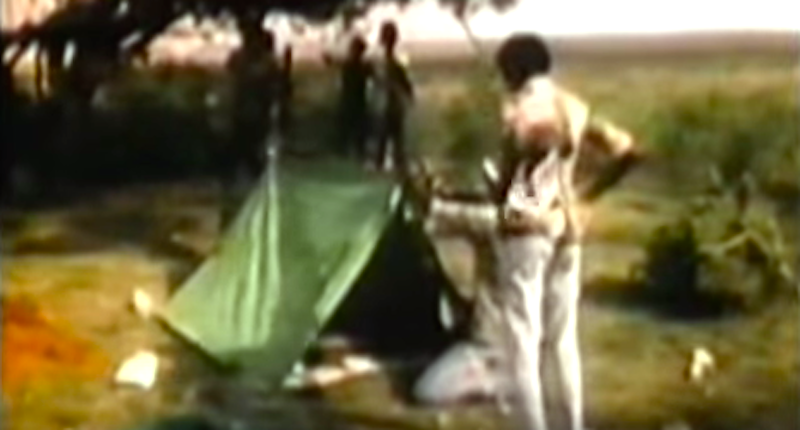OF THE
TIMES
I've had enough of someone else's propaganda. I'm for truth, no matter who tells it. I'm for justice, no matter who it's for or against. I'm a human being first and foremost, and as such I am for whoever and whatever benefits humanity as a whole.
Z, you make me smile on an early Sunday morn' [Link] Geniesse Deinen Sonntag <3
Hockey sticks at the ready! Carbon Capture is a very nice phrase but it means absolutely nothing. The EPA says that its rules won't affect the...
Those professionals working in the hospitals during 'covid' had nothing to do, so they posted lame videos of themselves doing pathetic dance...
Excellent commentary on what the U.S./World might see during a 'Health Emergency Declared' under Trump, if he gets re-elected. [Link]
Data shows very clearly that CO2 follows temperature, albeit with a slight lag. The science is already settled, 'global warming', 'climate...
To submit an article for publication, see our Submission Guidelines
Reader comments do not necessarily reflect the views of the volunteers, editors, and directors of SOTT.net or the Quantum Future Group.
Some icons on this site were created by: Afterglow, Aha-Soft, AntialiasFactory, artdesigner.lv, Artura, DailyOverview, Everaldo, GraphicsFuel, IconFactory, Iconka, IconShock, Icons-Land, i-love-icons, KDE-look.org, Klukeart, mugenb16, Map Icons Collection, PetshopBoxStudio, VisualPharm, wbeiruti, WebIconset
Powered by PikaJS 🐁 and In·Site
Original content © 2002-2024 by Sott.net/Signs of the Times. See: FAIR USE NOTICE

Reader Comments
to our Newsletter